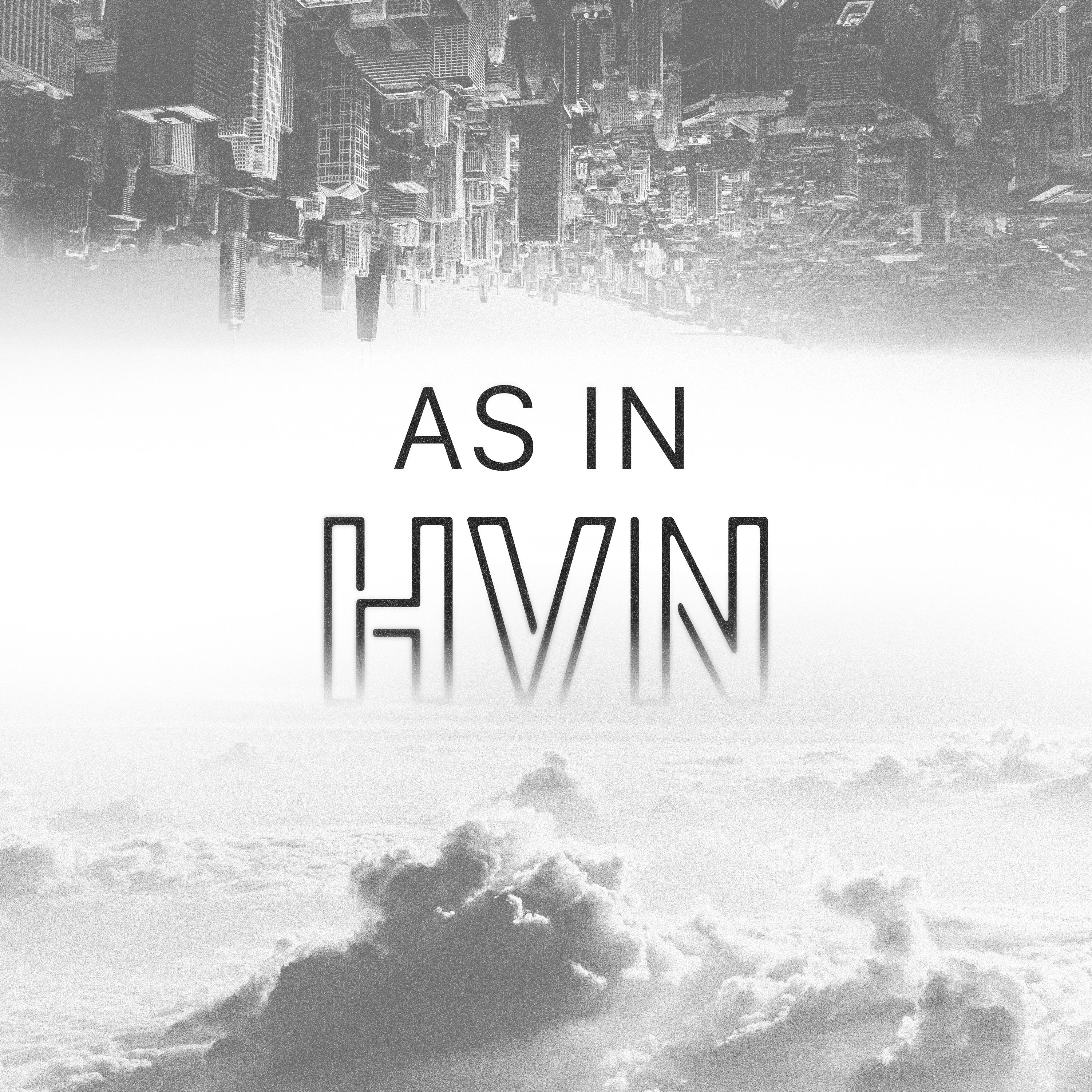As In Heaven
By The Gospel Coalition
Listen to a podcast, please open Podcast Republic app. Available on Google Play Store and Apple App Store.
Image by The Gospel Coalition
Category: Christianity
Open in Apple Podcasts
Open RSS feed
Open Website
Rate for this podcast
Subscribers: 48
Reviews: 0
Episodes: 87


Description
As In Heaven, hosted by Jim Davis and Michael Aitcheson, is a new podcast in The Gospel Coalition podcast network. Each episode seeks to glean insights from a wide variety of people doing strategic work in their cities and communities. Jesus taught us to pray “Thy kingdom come, Thy will be done, on earth as it is in heaven.” Our prayer is that our spheres of influence would be places that look more like God’s kingdom—where love reigns, humanity flourishes, and Christ is glorified.
| Episode | Date |
|---|---|
|
Introducing: The Everyday Pastor
|
Oct 16, 2024 |
|
Top Theology Stories of 2023 with Collin Hansen and Melissa Kruger
|
Dec 22, 2023 |
|
Trevin Wax on Reconstructing Faith
|
Oct 11, 2023 |
|
How to Be a Missional and Confessional Church That Motivates People for Faithful Ministry
|
Aug 30, 2023 |
|
How to Faithfully Engage the Dechurched Movement as a Church in Exile
|
Aug 22, 2023 |
|
Perspectives on American Dechurching from Post-Christian Europe
|
Aug 16, 2023 |
|
The Challenges of Ministering Well Amid the Waves of a Divisive Culture
|
Aug 09, 2023 |
|
How Pastors Can Preach Effectively in Light of the Dechurching Movement
|
Aug 02, 2023 |
|
Why Honoring the Gifts and Abilities of Women is Relevant to Dechurching
|
Jul 26, 2023 |
|
Why You Should Avoid Political Idols When Engaging the World Today
|
Jul 19, 2023 |
|
How to Love People Better Through Holistic Mental and Spiritual Care
|
Jul 12, 2023 |
|
The Next Generation: Forming College Students for Lifelong Faith
|
Jul 05, 2023 |
|
The Next Generation: Forming Middle and High School Students for Lifelong Faith
|
Jun 28, 2023 |
|
The Next Generation: Forming Kids for Lifelong Faith
|
Jun 21, 2023 |
|
Why Relational Wisdom Is Essential to Engaging the World With the Gospel
|
Jun 14, 2023 |
|
How Pastoral Pitfalls and Failures Contribute to Dechurched Casualties
|
Jun 07, 2023 |
|
How Church Abuse Contributes to Dechurched Casualties
|
May 31, 2023 |
|
What Is Casual Dechurching and Is There Hope?
|
May 24, 2023 |
|
How Did We Arrive Here? A Philosophical and Historical Journey Toward Dechurching
|
May 17, 2023 |
|
Who Are the Dechurched in America and Why Did They Leave?
|
May 10, 2023 |
|
Introducing As In Heaven Season 3
|
May 03, 2023 |
|
A Biblical Theology of Race and Justice: Live at TGC21
|
May 20, 2021 |
|
What’s at Stake?: Gospel Opportunities and Implications
|
Dec 21, 2020 |
|
Leading Organizational Cultural Competency
|
Dec 17, 2020 |
|
The Importance of Empathy, Sympathy, and Lament
|
Dec 14, 2020 |
|
OK, I See the Problem. How Do I Help?
|
Dec 10, 2020 |
|
Black Pastor and Professor Encounters with Law Enforcement
|
Dec 07, 2020 |
|
Parenting in This Cultural Moment
|
Dec 03, 2020 |
|
Some Unique Challenges Facing Black Women
|
Nov 30, 2020 |
|
Navigating White Evangelical Spaces
|
Nov 28, 2020 |
|
How Racial Trauma Works
|
Nov 23, 2020 |
|
Afro-Latino Contours, Code Switching, and Transitional Justice (Part 2)
|
Nov 19, 2020 |
|
Afro-Latino Contours, Code Switching, and Transitional Justice (Part 1)
|
Nov 16, 2020 |
|
Dominant and Subdominant Cultural Dynamics
|
Nov 12, 2020 |
|
Historical Developments of the Black Church
|
Nov 09, 2020 |
|
Unhelpful Perspectives on Race and Justice
|
Nov 05, 2020 |
|
The Need for Two-Sided Theology
|
Nov 02, 2020 |
|
Individual Racism vs. Systemic Racism
|
Oct 29, 2020 |
|
Black History: 1963 Birmingham to Present
|
Oct 26, 2020 |
|
Black History: Reconstruction to Early Civil Rights
|
Oct 22, 2020 |
|
Black History: 1619 to Civil War
|
Oct 19, 2020 |
|
The Black Bell Curve and Confirmation Bias on Race and Justice
|
Oct 15, 2020 |
|
Multi-Directional Leadership and the Conversation on Race and Justice
|
Oct 12, 2020 |
|
Why Should I Care about Race and Justice?
|
Oct 08, 2020 |
|
Setting the Stage for a Conversation on Race and Justice
|
Oct 05, 2020 |
|
Introducing a New Season: A Christian Conversation on Race and Justice
|
Sep 28, 2020 |
|
Episode 8 - Dee Coleman & Lindsey Holcomb
|
Mar 25, 2020 |
|
Episode 7 - Scott Swain
|
Mar 15, 2020 |
|
Episode 6 - Damein Schitter
|
Mar 09, 2020 |
|
Episode 5 - Zach Van Dyke
|
Mar 02, 2020 |
|
Episode 4 - Michael Aitcheson
|
Feb 24, 2020 |
|
Episode 3 - Leigh Swanson
|
Feb 16, 2020 |
|
Episode 2 - Vicky Matthews
|
Feb 16, 2020 |
|
Episode 1 - Joel Hunter
|
Feb 10, 2020 |
